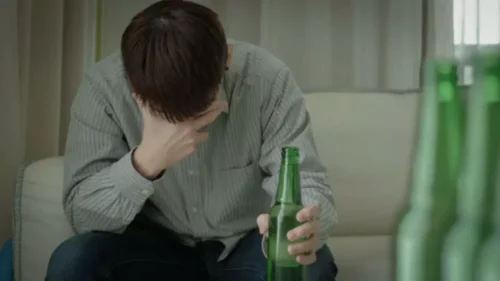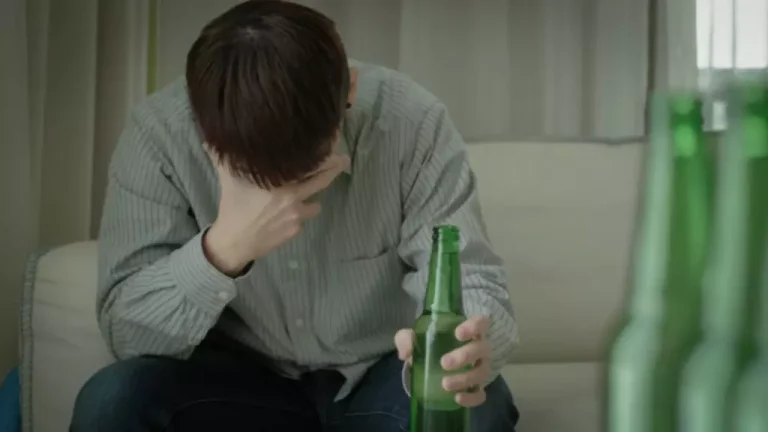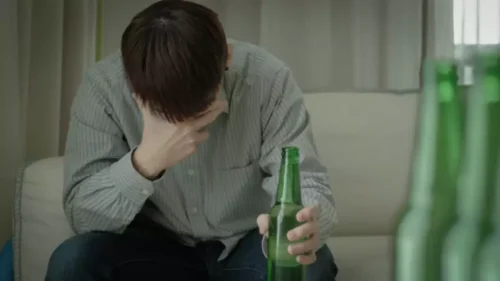
It’s no secret that drugs and alcohol are addictive substances that only serve to make your life worse. Even if you’re deeply entrenched in addiction, you know these substances are harmful. But knowing something and taking action to make a change are two different things. Alcohol and drugs can disrupt cognitive functioning and create a mental fog. Quitting alcohol and drugs clears this mental clutter and improves focus, clarity, and overall mental health.
What hobbies or activities help to stay away from drugs?
- There is so much I want to accomplish in my lifetime and I finally have the energy and focus to make it happen.
- When you’re a parent and you’re addicted to drugs, alcohol or other substances or behaviors, the addiction becomes paramount.
It has consumed your thoughts, driven your actions, and haunted your nights. By quitting drugs, you’ll suddenly have more time than you’ve ever thought possible. Chronic drug abuse is notorious for inducing cardiovascular diseases, liver damage, respiratory issues, and the potential onset of cancers. On the neurological front, many drugs, particularly stimulants and opiates, have been known to cause significant brain damage. This reduces the likelihood of liver damage, cardiovascular diseases, and respiratory problems. Individuals often experience more energy, increased stamina, and more restful sleep, enhancing their overall quality of life.
Improved Relationships With Loved Ones
You’ll have more energy to do physical activities and daily tasks. We know that finding an addiction treatment program can be challenging. We understand this struggle, which is why we are uniquely qualified to help.

Summertime Support: Maintaining Your Recovery in the Warmer Months

Overcoming addiction and choosing a drug-free lifestyle can make you feel confident about yourself. This will also eventually improve your Sober living house self-worth and self-love. When you quit drugs, they do not have a negative impact on you, which means your immune system becomes better and stronger.

Exercise to feel better and have fun
They also provide the possibility of a brighter and healthier future on the road to recovery ahead. There is no question about it — embracing the benefits of a drug-free lifestyle and committing to a life of recovery is challenging. However, any obstacles a person faces during early recovery pale compared to the opposition they face while battling active addiction. Addiction strips people of health, happiness, and fulfillment. Interpersonal relationships are compromised, careers fall by the wayside, and people become hollow shells of benefits of a drug free lifestyle who they once were.
- Our state-specific resource guides offer a comprehensive overview of drug and alcohol addiction treatment options available in your area.
- The best surprise in sobriety has been finding a new group of like-minded people.
- Constructing new relationships in recovery can give you a sense of belonging and a support network of people who can relate to your experience.
- Having a supportive friend who supports your recovery completely can make all the difference.
- When using drugs or alcohol, it’s easy to become preoccupied with keeping up with the substances rather than focusing on things like communication—things essential for healthy relationships.
- Any underlying mental health concerns are adequately addressed.
Don’t Let Stress Ruin Your Life

If you want to lose weight, keep off lost weight or meet specific fitness goals, you may need to exercise more. Anger is a normal and natural emotion, but how you deal with it will make a difference in maintaining your recovery. The symptoms involved in PAWS can be a barrier to recovery if you’re not careful.
Apply for our Sober Living
- When drugs consume your thoughts, it’s easy to abandon your hobbies.
- At first, I didn’t believe him and thought he seemed like a less intelligent man.
- Abusing drugs comes with many negative things, including feeling bad about yourself.
- You can focus on improving your physical health, eating better and getting plenty of sleep, all of which are important components to a healthy lifestyle.
I was abstinent, but not sober, and my surroundings were just as before. The worst part was that I had nobody I could talk to concerning my problems. I had a family, but they were not alcoholics, and they really didn’t understand what was going on. The inclusion criterion was stable recovery for at least 5 years.
